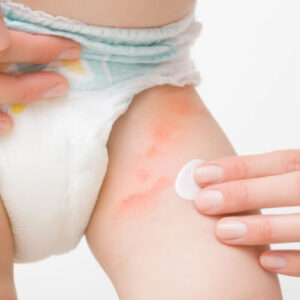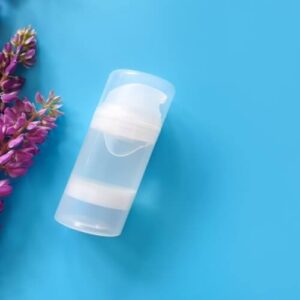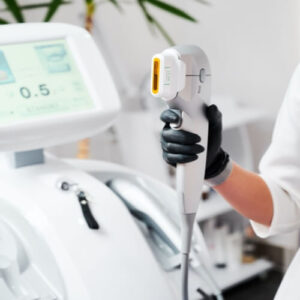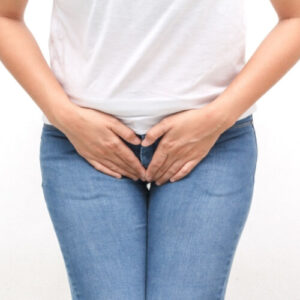Free thyroxine
Free thyroxine T4 and its natural results
Image source
What is free thyroxine FT4?
Free thyroxine T4 is a hormone produced by the thyroid gland, and it has two forms, one of which is bound to blood proteins and is dominant and is called bound T4, while the other free form is not bound to FT4 proteins and is less than 1% and is the biologically active form.
This hormone helps regulate the body’s metabolic rate and control muscle contraction, as it is secreted as a result of thyroid stimulation by the TSH hormone secreted by the pituitary gland.
Uses of the free thyroxine test
The test is used to evaluate thyroid function, as it is useful in diagnosing thyroid disorders and monitoring their treatment.
The TSH test is the preferred test in evaluating thyroid function, and if the test is abnormal, free thyroxine FT4 can be measured.
The analysis of free thyroxine is also more accurate than total thyroxine (free and bound together), as the latter can be affected by the amount of protein in the blood due to its association with T4.
Reasons for a free thyroxine test
A free thyroxine test is recommended in the following cases:
1- Symptoms of hyperthyroidism appear
- anxiety and nervousness
- Difficulty sleeping
- Irregular or rapid heartbeat
- extreme fatigue
- Weight loss despite increased appetite
- Intolerance to sweating and heat
- diarrhea
- Changes in the menstrual cycle in women
- In some cases, bulging eyes or irritation and dryness around the eyes
- Shaking hands
- Visual disturbances and sensitivity to light
2- symptoms of hypothyroidism appear
- Weight gain without increasing food intake
- Intolerance to cold
- low energy
- Changes in the menstrual cycle
- muscle weakness
- constipation
- Dry skin and hair
other reasons
- It is performed when other thyroid tests such as TSH or T3 are abnormal.
- It is also done when an enlargement, mass or nodule appears in the thyroid gland.
- Monitoring the treatment of thyroid and pituitary disorders.
- Has a family history of thyroid disorders.
- It can be used to monitor thyroid cancer patients as well as measure TSH.
- It may help diagnose pituitary disorders and female infertility.
- Follow-up of pregnant women diagnosed with a thyroid disorder at intervals during pregnancy and after delivery.
- T4 levels and TSH levels are also tested in newborns to check for congenital hypothyroidism.
Conditions for performing a free thyroxine test
The doctor should be informed about the medications the patient is taking as they can affect the test result, such as phenobarbital, as well as nutritional supplements such as biotin B7.
Also, the doctor should be informed about the patient’s health status, since some serious chronic diseases affect the results, such as chronic kidney failure and cirrhosis of the liver.
Read free thyroxine test results
The results of a free thyroxine test are usually interpreted along with other thyroid tests.
The normal range of T4 by age is as follows:
| age group | the range |
| 1-4 days | 2.2-5.3 ng/dL |
| 4-30 days | 0.9-3.4 ng/dL |
| I am 1-12 cities | 0.9-2.3 ng/dL |
| 1-5 years old | 0.8-1.8 ng/dL |
| 6-10 years old | 1-2.1 ng/dL |
| 11-18 years old | 0.8-1.9 ng/dL |
| Over the age of 18 | 0.9-2.5 ng/dL |
High level of thyroxine
An elevated level of FT4 indicates an overactive thyroid gland due to various factors, including:
- Graves’ disease
- It also increases due to taking too much thyroid hormone medication
- Thyroid
- A toxic product for the thyroid gland
- Toxic thyroid nodules
- Some testicular and ovarian tumors
- Imaging tests with iodinated contrast agents are rare, and only occur if there is a thyroid problem
- Eating a lot of foods containing iodine is very rare and only occurs if there is a thyroid problem
Low level of thyroxine
Low levels of free thyroxine FT4 indicate:
- Hypothyroidism, such as Hashimoto’s disease
- Fasting and malnutrition
Test results may also be affected by pregnancy as total T4 levels may increase but free FT4 levels do not change significantly, and results may also be affected by estrogen levels.
Additional tests are important
- Thyroid stimulating hormone (TSH) test.
- T3 or triiodothyronine test, which is the second hormone secreted by the thyroid gland, but at a lower rate than thyroxine, where it makes up less than 10%
- Thyroid antibody levels can also be calculated
All these tests help in addition to the analysis of free thyroxine in thyroid tests and confirm the presence of a disorder in its work.





